Progress Report
Challenge toward the Control of Intractable Cancer through Understanding of Molecular, Cellular, and Interorgan Networks[1] Development of technologies for collecting patient biospecimens and data for the realization of optimal medicine (My Medicine)
Progress until FY2024
1. Outline of the project
Since many intractable cancers are found as advanced cancers, clinical data and biological data derived from patients are limited, which is a major obstacle to elucidating the onset factors. In addition, the technology for acquiring various biological data from minute amounts of specimens and the mechanism for accumulating and sharing data are immature.
In this theme, we are collecting clinical specimens (blood and cancer tissue, nearby normal tissue), clinical data (blood biochemical data, images, etc.), blood, body fluids, feces, etc.
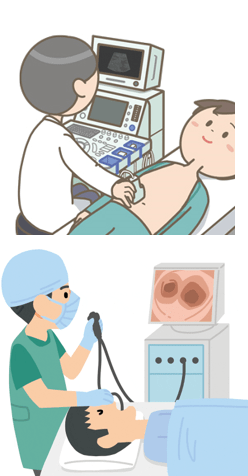
In parallel, we are establishing and accumulating organoids from the patient tissue samples. Patient organoids can be used for various experiments that are not possible with patient samples only. They are an innovative technology that opens up great possibilities for understanding developmental processes of cancer.
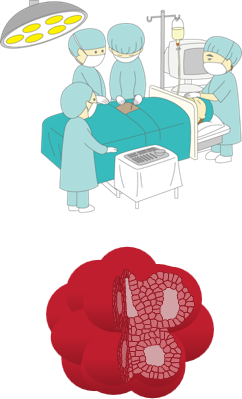
We are building a database by acquiring various biological data, including genomes, from the patient tissue samples.
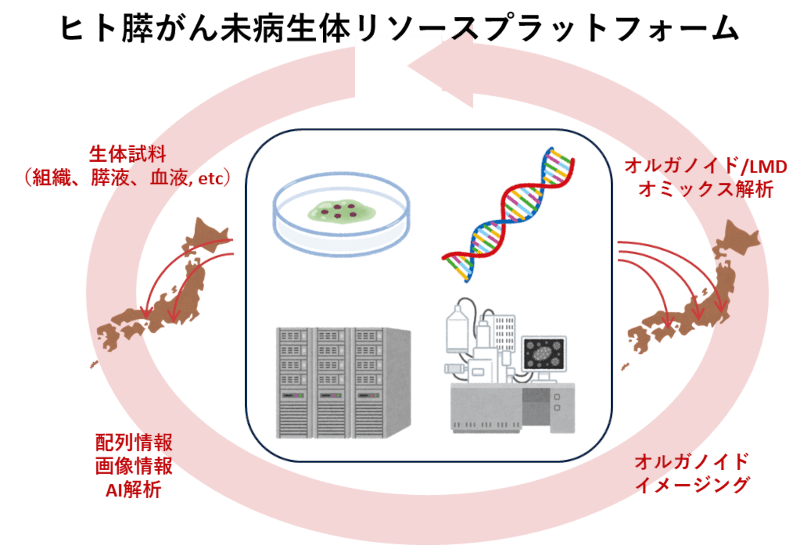
2. Outcome so far
Building a patient biospecimen bank
We have obtained approval from the ethics committee for common efforts at Keio University, Kyoto University, and Kobe University. Surplus residual specimens obtained by various methods (endoscopy, surgery, etc.) are accumulated at each facility. Furthermore, we have been establishing organoids. Through comprehensive analysis, we discovered evolutionary histories of breast cancer and novel molecular mechanisms by which progress pancreatic cancer.
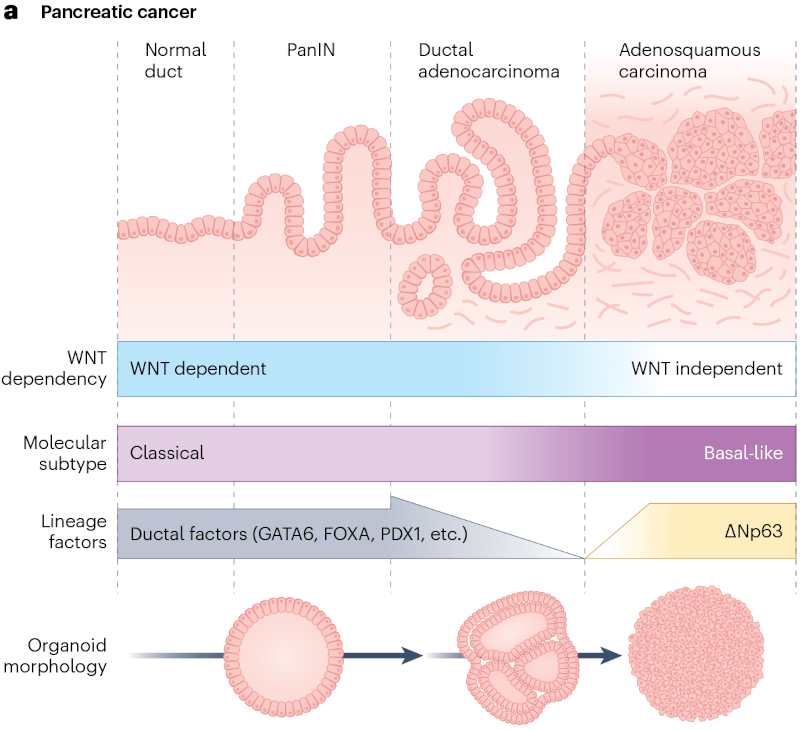
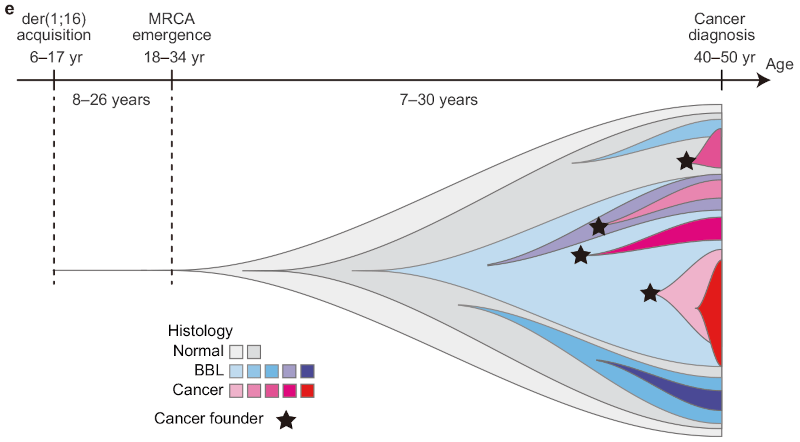
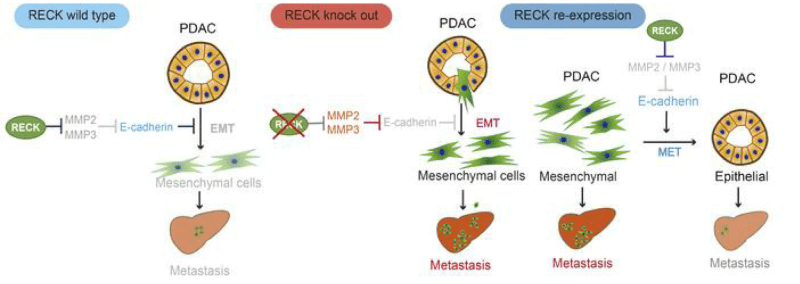
Construction of the organoid culture platform
We have confirmed that patient-derived organoids can be established using a standardized method and have accumulated the number of specimens. Through analysis using organoids, we have elucidated the mechanism by which pancreatic cancer becomes malignant and found that EZH2 inhibitors are promising treatments for pancreatic cancer. Furthermore, we have developed new organoid culture techniques and developed an efficient culture method for hepatocyte organoids, which have both high proliferation ability and various metabolic and secretory abilities. This is expected to be applied to drug discovery, disease research, and regenerative medicine.



Construction of a multi-level integrated analysis shared database
We are currently establishing a platform for analyzing whole genome data, RNA, miRNA, and profiling lipid metabolites, lipid mediators, and exosomes from clinical specimens and organoids. We have developed a technology for early detection of pancreatic cancer using miRNA in the blood, and a technology for predicting the prognosis of pancreatic cancer using the glycans of exosomes.


3. Future plans
Samples of precancerous lesions, very early cancers, and advanced cancers have been collected, and patient organoids have been established. Along with the progress, we will proceed with the analysis using the platform of multi-level integrated analysis.